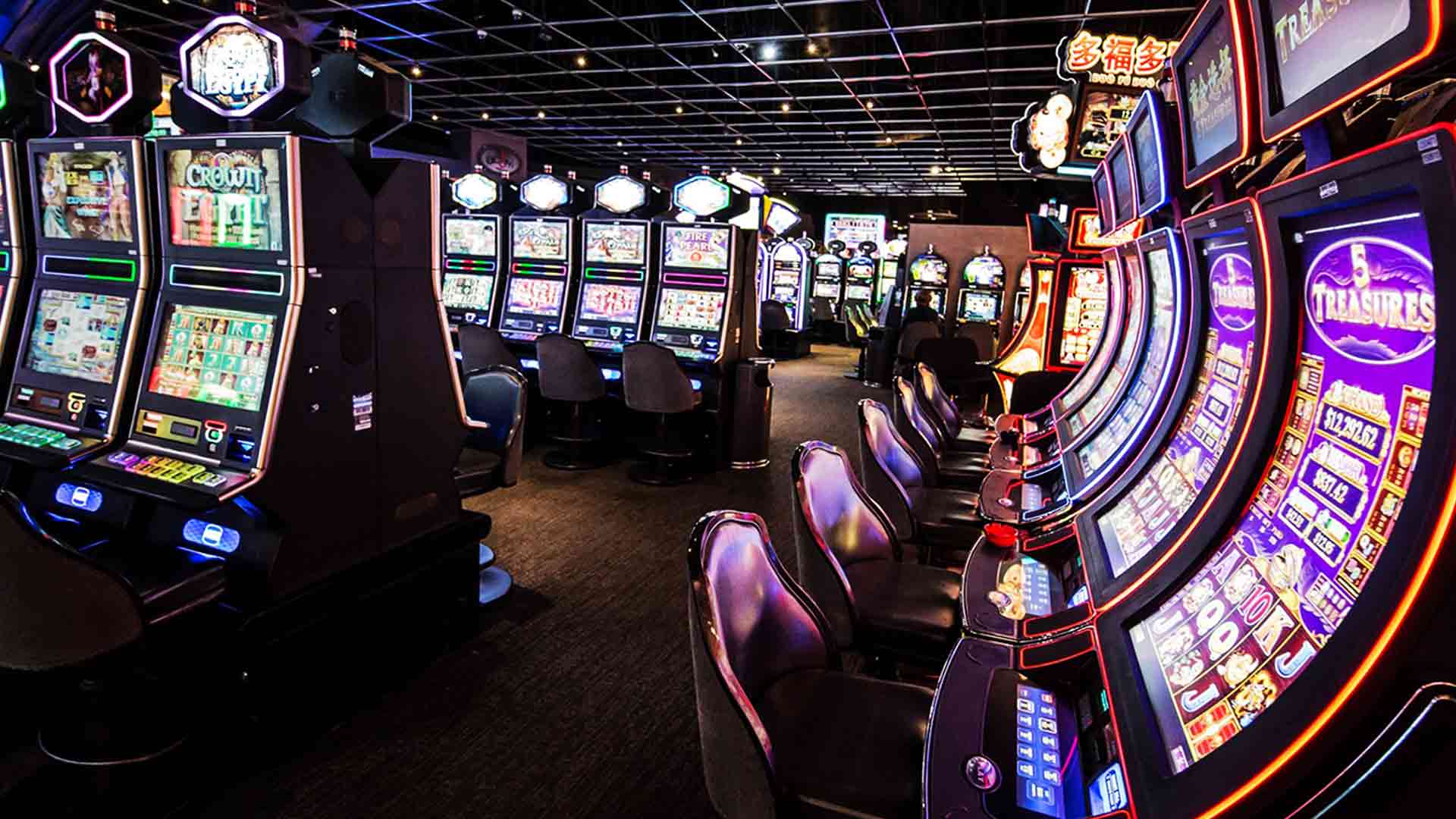The History of Gambling Through Ages

The History of Gambling Through Ages
Gambling, an activity that combines chance and risk, boasts a history as old as civilization itself. From ancient rituals to modern-day casinos and online platforms, the allure of winning and the thrill of the wager have captivated humanity across millennia. Let's embark on a journey through time to explore the fascinating evolution of gambling.
Ancient Beginnings: Dice, Bones, and Early Games
The earliest evidence of gambling dates back to the ancient world. Archaeological discoveries reveal that games of chance existed thousands of years ago, predating written records. Dice, crafted from animal bones and other materials, have been found in tombs and settlements across the globe. These early forms of gambling often intertwined with religious practices and divination rituals.
In ancient China, evidence points to the existence of gambling as early as 2300 BC. Keno, a lottery-like game, is believed to have originated during this period, likely used to finance the construction of the Great Wall. Meanwhile, in ancient India, games like dice-rolling (mentioned in the Rigveda) and early forms of chess involved wagering and strategic decision-making.
Ancient Greece also embraced gambling. Dice games, known as "astragaloi," were popular, and the Greeks often used gambling to settle disputes and even determine political outcomes. They also held organized sporting events, such as the Olympic Games, where betting on the outcomes was a common practice.
The Roman Empire saw gambling flourish. Dice games, card games, and chariot races fueled the passion for wagering. Emperors and commoners alike participated in these activities, with the potential for significant winnings often driving the stakes high.
The Middle Ages and Renaissance: Cards, Taverns, and New Games
The Middle Ages witnessed the rise of card games and the spread of gambling throughout Europe. Cards, initially introduced from the East, became a popular pastime. Taverns and public houses often served as venues for card games and dice games, creating social hubs where people could gather and wager.
The Renaissance period saw the development of new games and the proliferation of gambling houses. Games like poker, baccarat, and roulette, though evolving significantly, began to take shape during this era. These games, along with the expansion of trade routes, facilitated the spread of gambling culture and the associated risks.
The Modern Era: Casinos, Lotteries, and the Rise of Technology
The modern era brought about the establishment of formal casinos. The first recognized casino, the Ridotto, opened in Venice in 1638. Casinos quickly spread across Europe and then throughout the world, establishing a glamorous image and sophisticated environments for gambling. The establishment of legal lotteries also became widespread, providing a source of revenue for governments and offering people a chance to win significant prizes.
The 20th and 21st centuries have witnessed an explosion in gambling accessibility, largely due to technological advancements. The advent of the internet has revolutionized the industry, giving rise to online casinos, sports betting platforms, and virtual poker rooms. Mobile technology has further amplified this trend, enabling people to gamble anytime, anywhere, from their smartphones or tablets.
Sports betting has experienced remarkable growth, with millions of people wagering on the outcomes of sporting events. From football and basketball to horse racing and esports, the opportunities for betting have become incredibly diverse. Moreover, the development of virtual reality (VR) and augmented reality (AR) technologies promises to enhance the immersive experience of gambling further.
The globalization of the gambling industry has also led to the expansion of opportunities. Companies are increasingly seeking to reach global audiences, with online platforms offering a wide range of games and betting options in various languages and currencies. This global landscape has created more choices than ever before for gamblers around the world.
One of the major hubs for online gambling is the Asia region. Players in Asia have access to a wide variety of platforms for sports betting, casino games, and more. Learn more about the best platform by visiting M88 sports asia.
The Future of Gambling
The future of gambling is likely to be shaped by continued technological innovation. Artificial intelligence (AI) is expected to play a larger role in analyzing data, optimizing games, and providing personalized experiences for players. Blockchain technology may also have an impact, offering increased security, transparency, and decentralization within the gambling industry.
Regulation and responsible gambling practices will remain critical. As the industry evolves, regulators and operators will need to work together to ensure the safety and integrity of gambling, to address problem gambling, and to promote responsible gaming behaviors.
From its ancient origins to its digital future, gambling has consistently adapted and evolved. The history of gambling reflects a complex interplay of human desires, societal forces, and technological innovation. It is a constantly changing industry, promising continued growth and innovation.
```